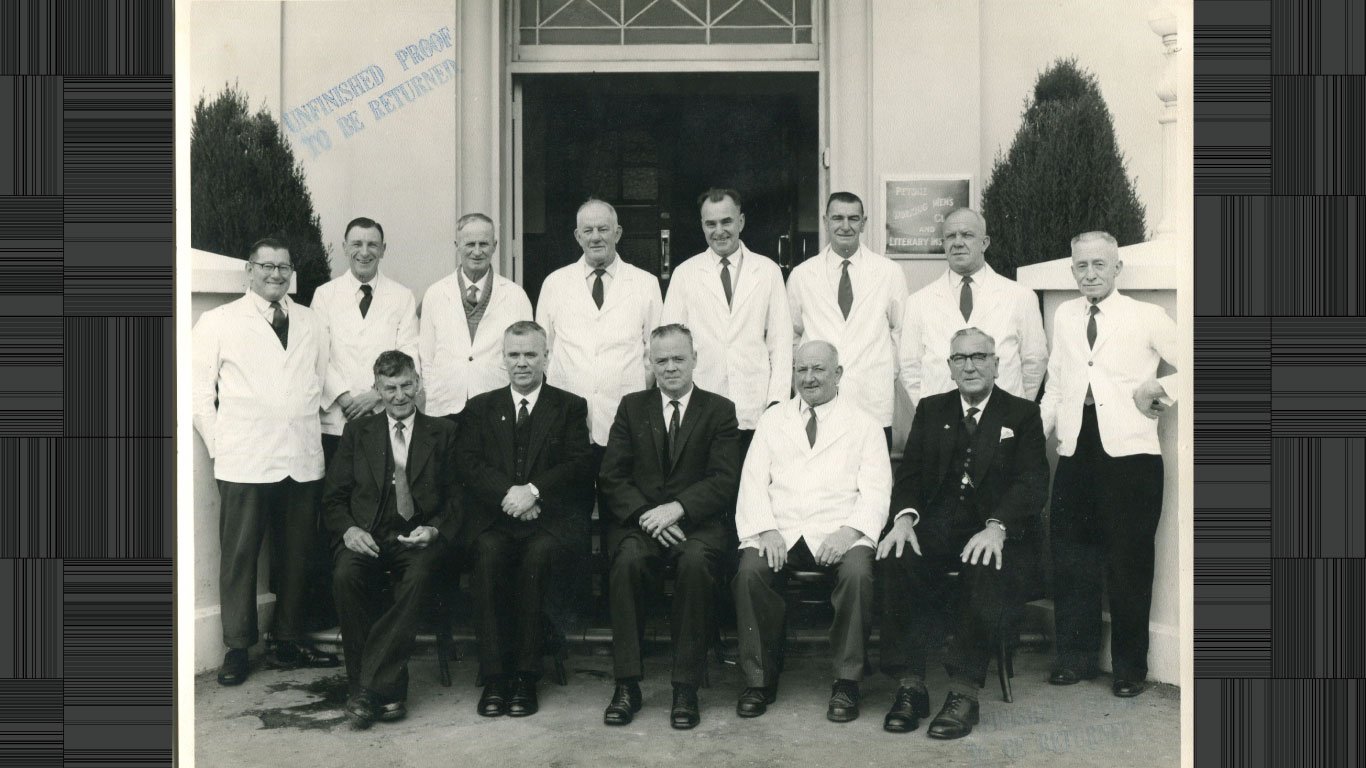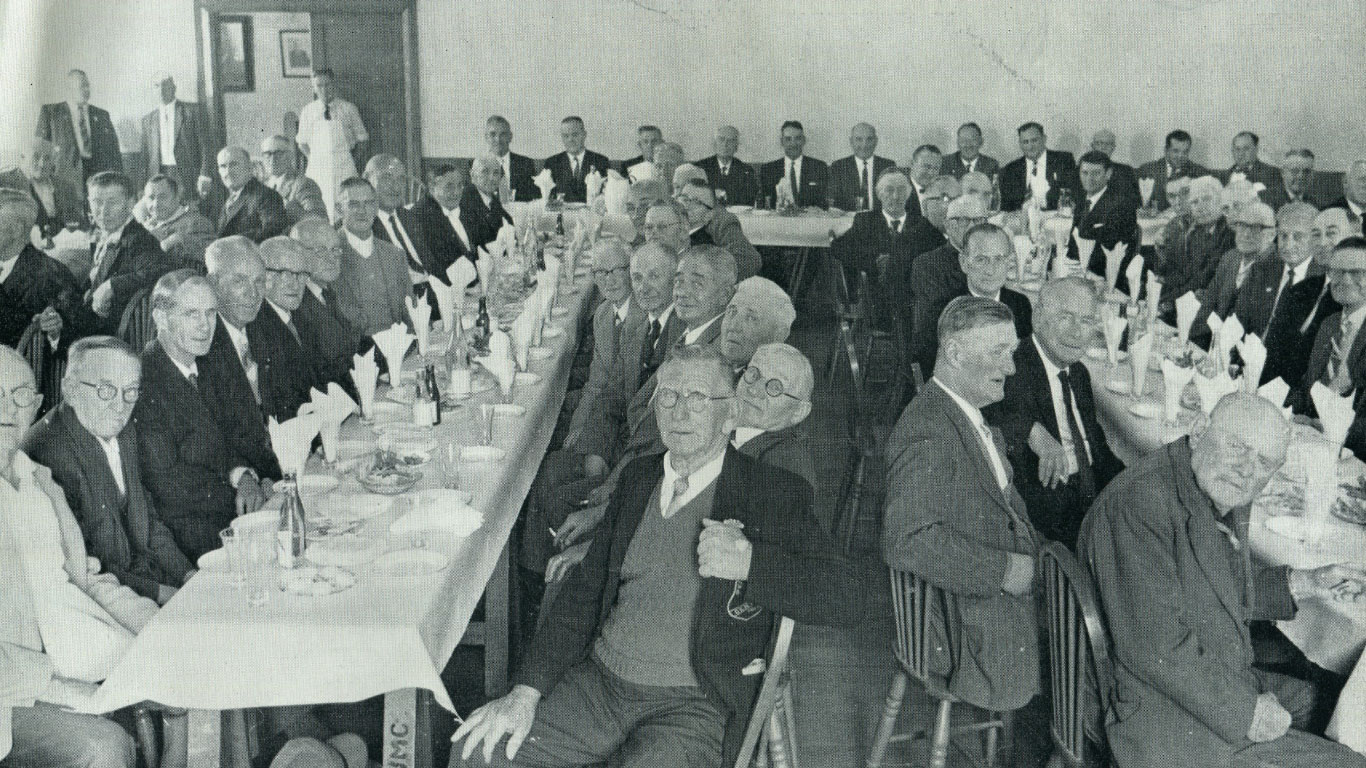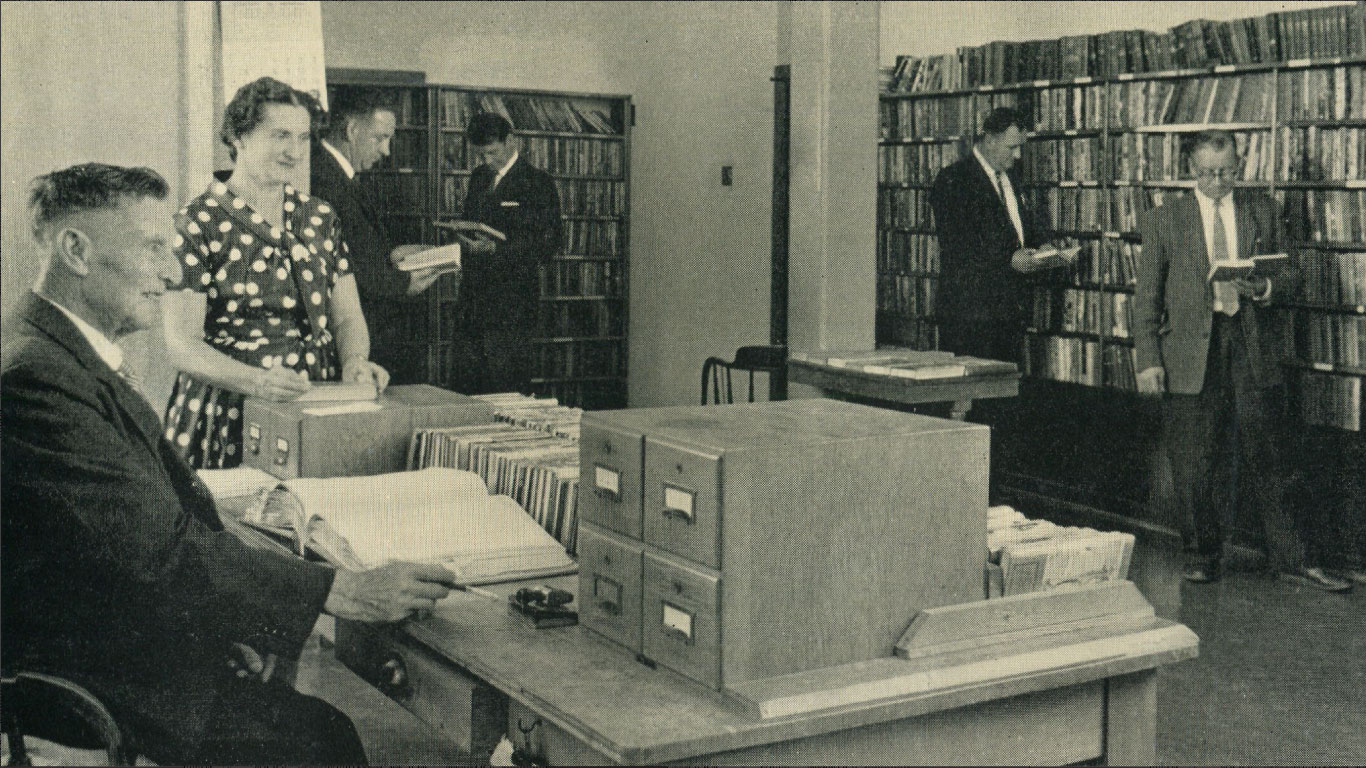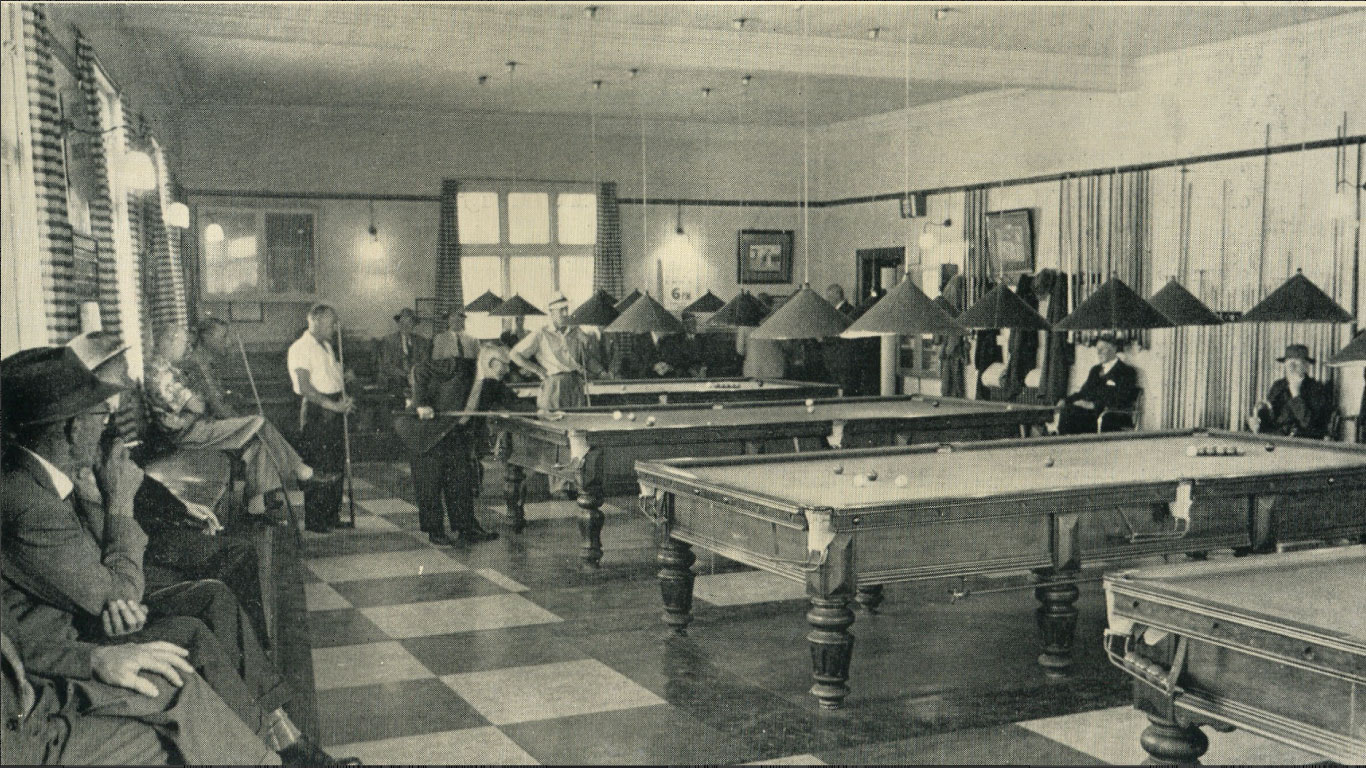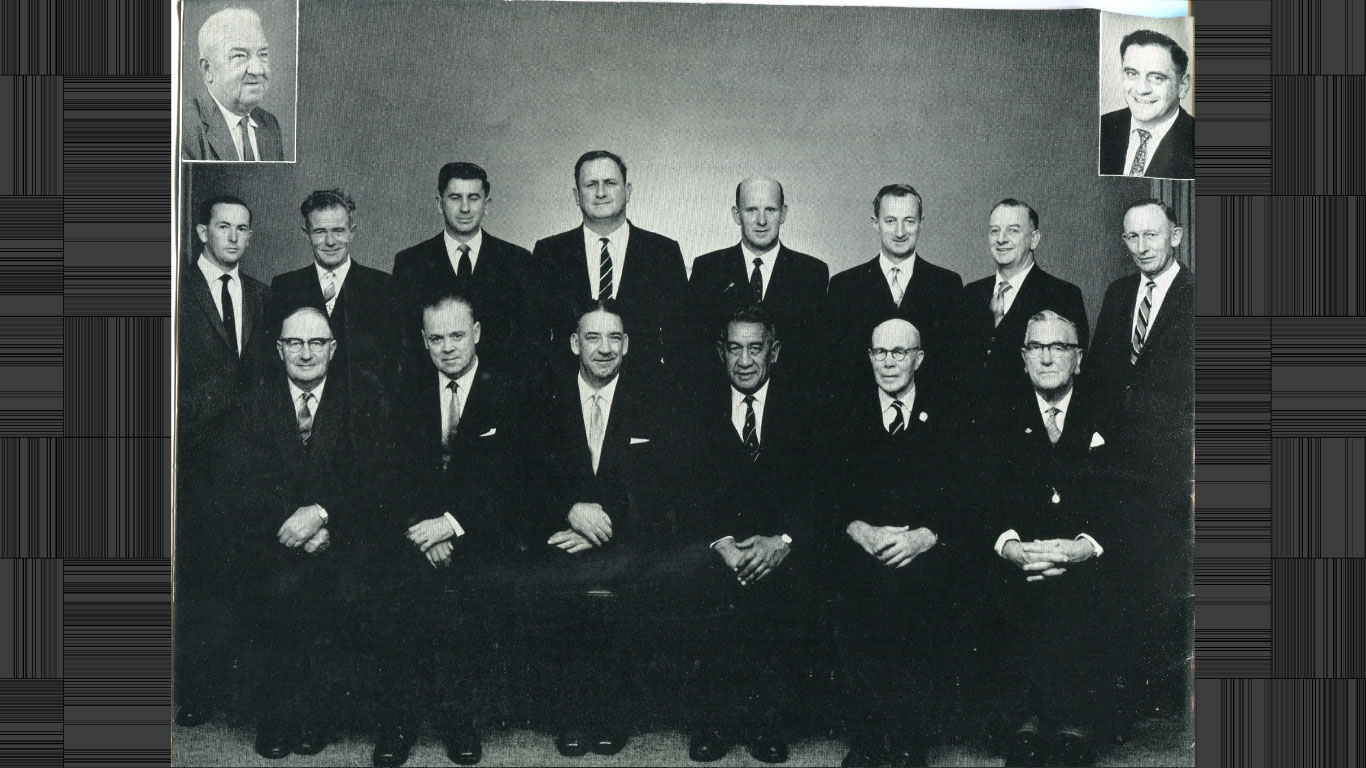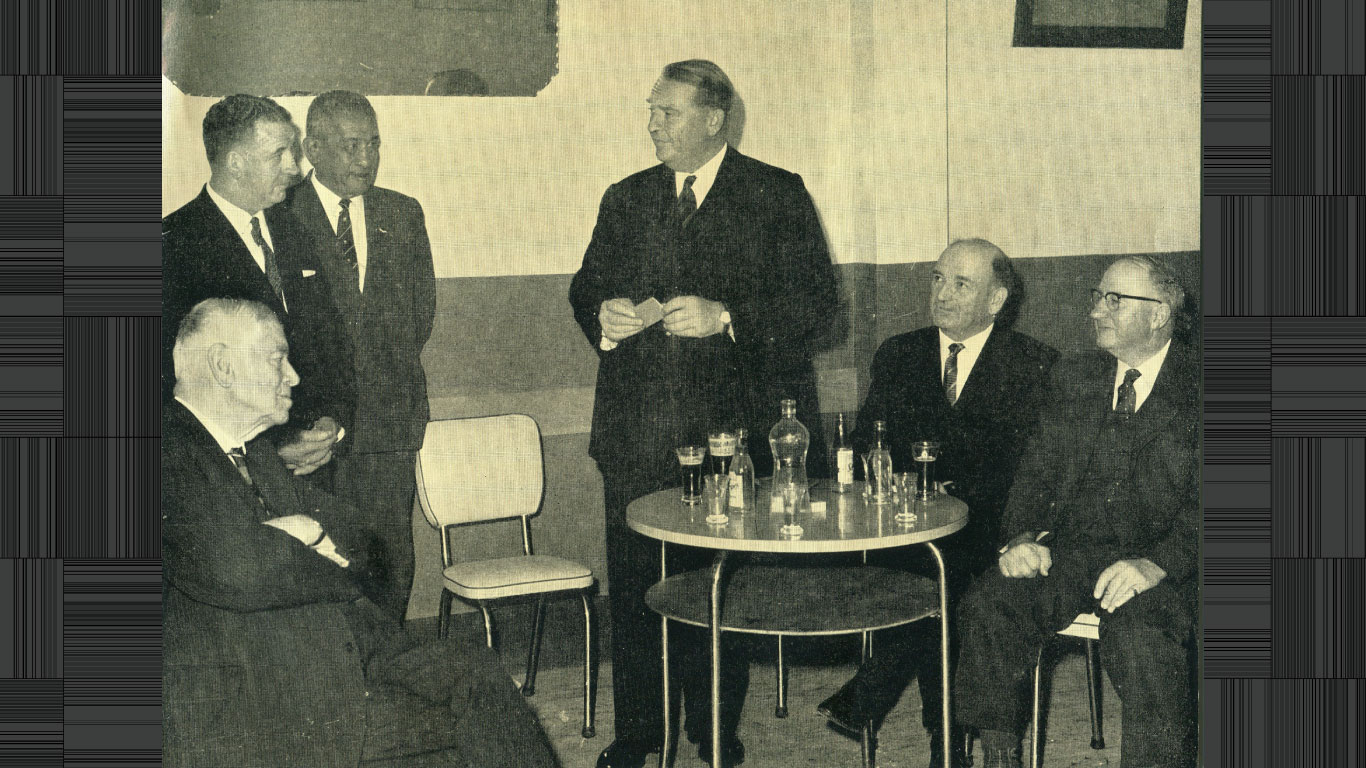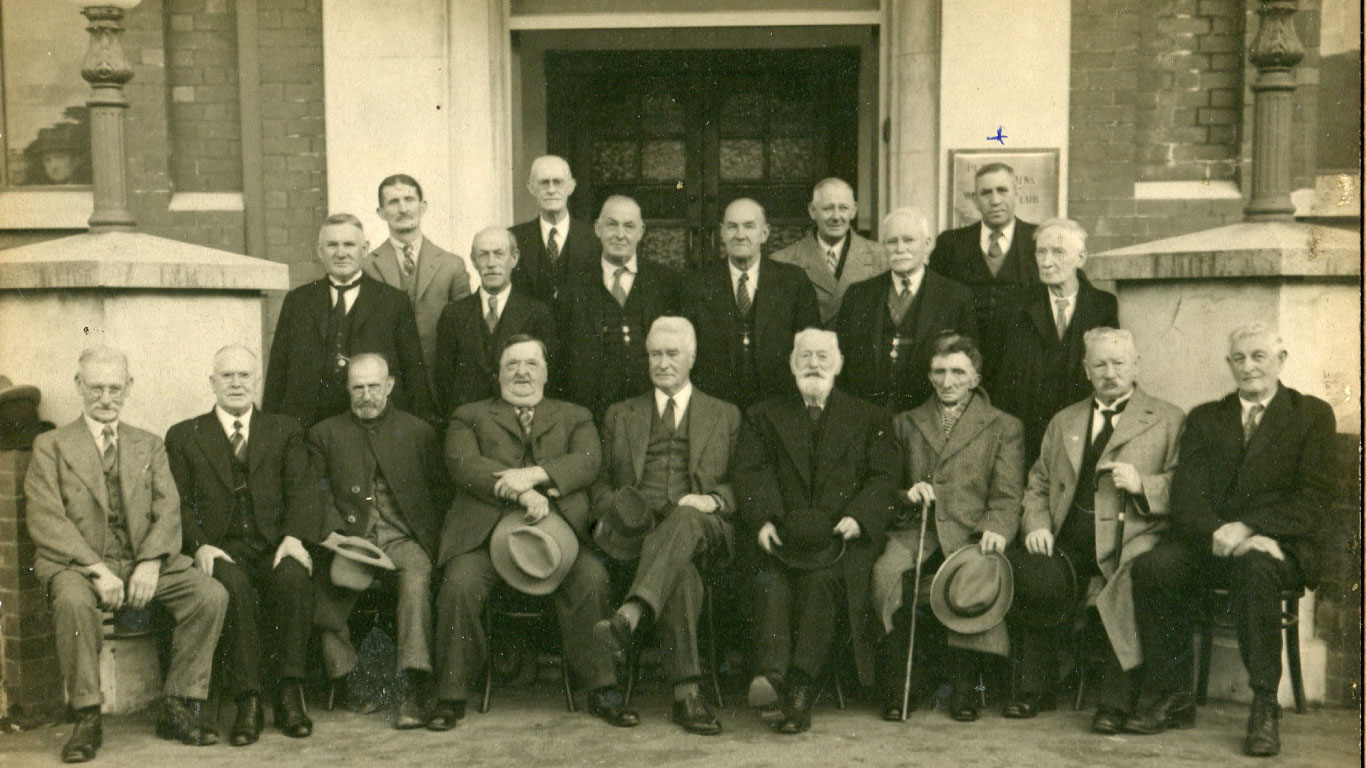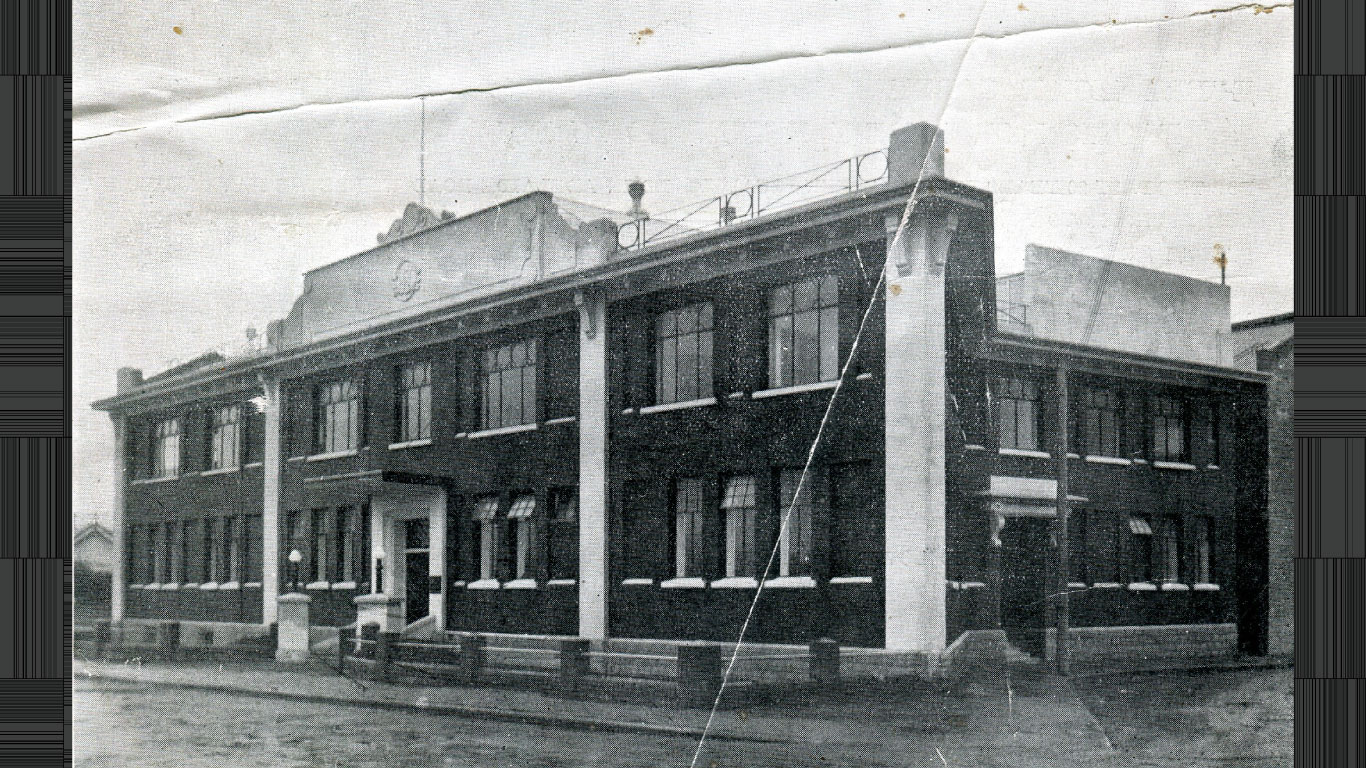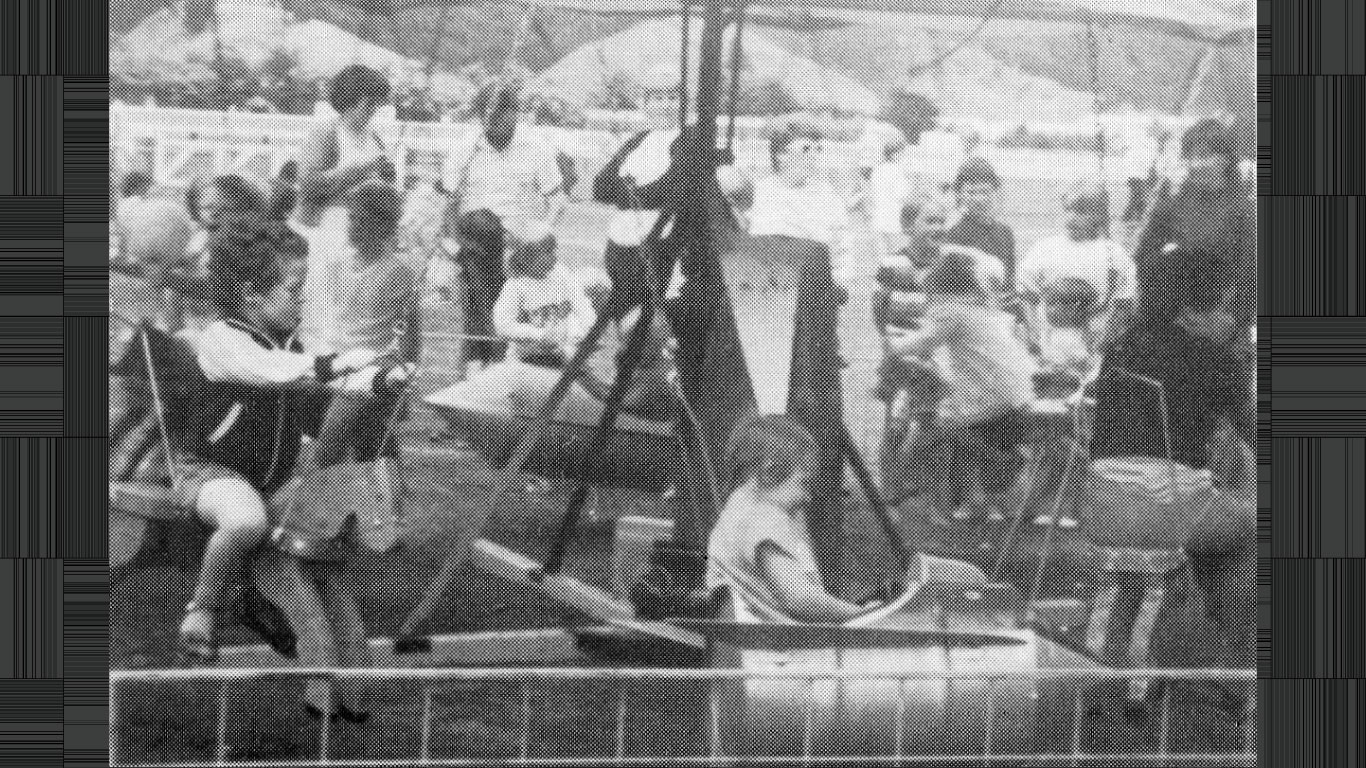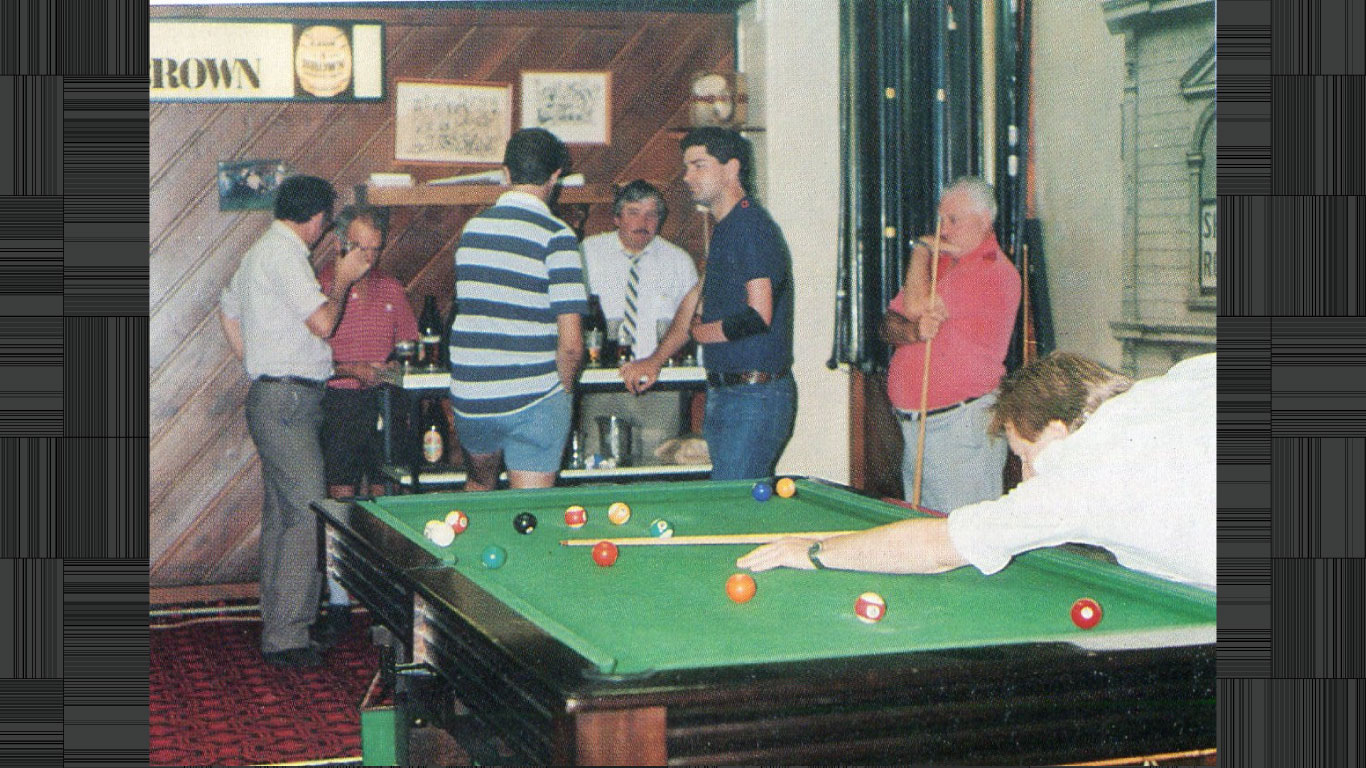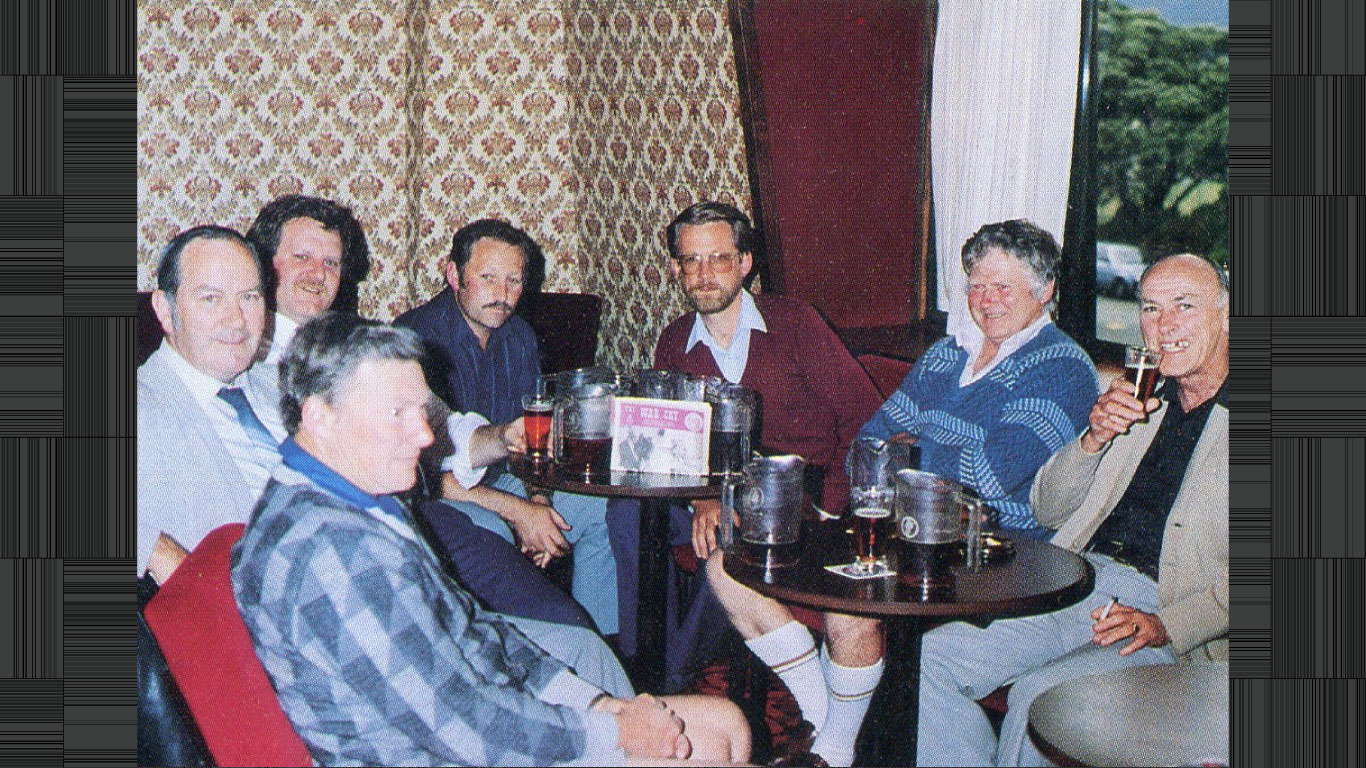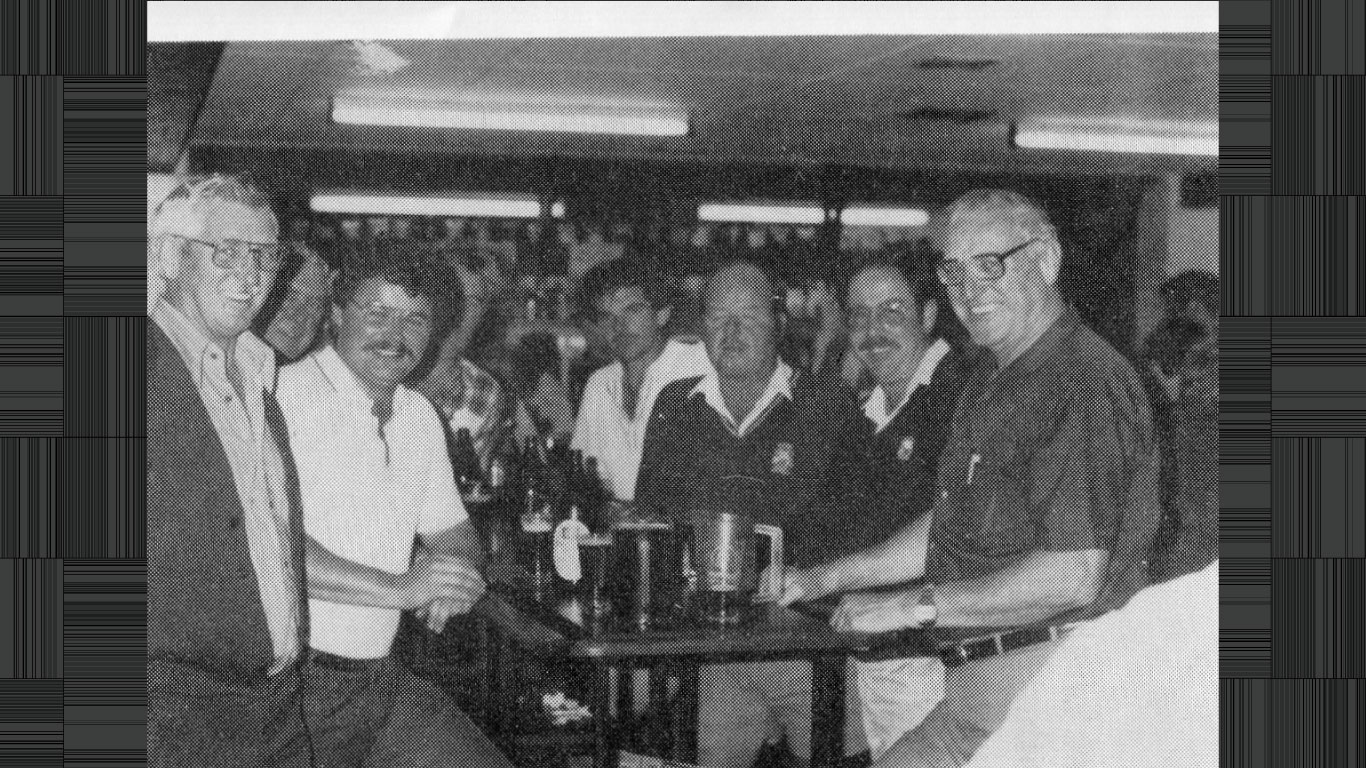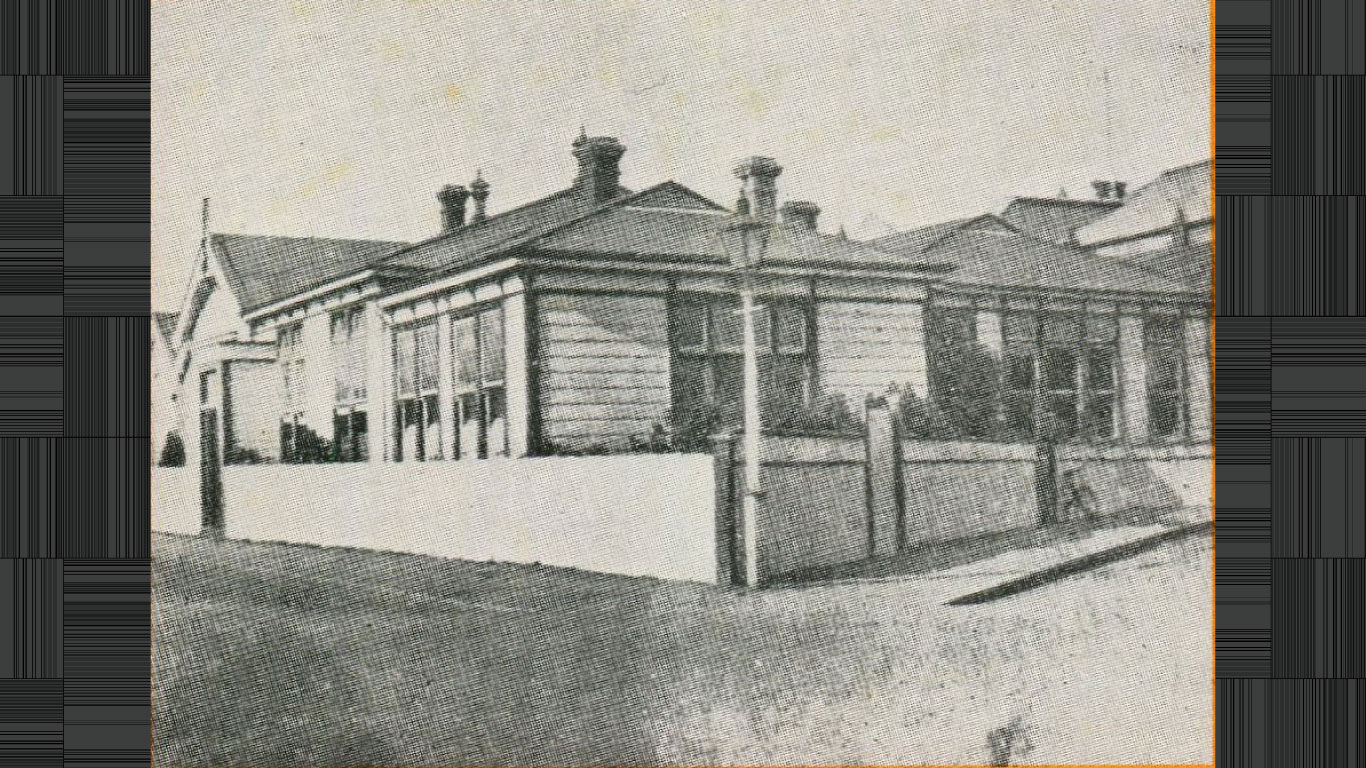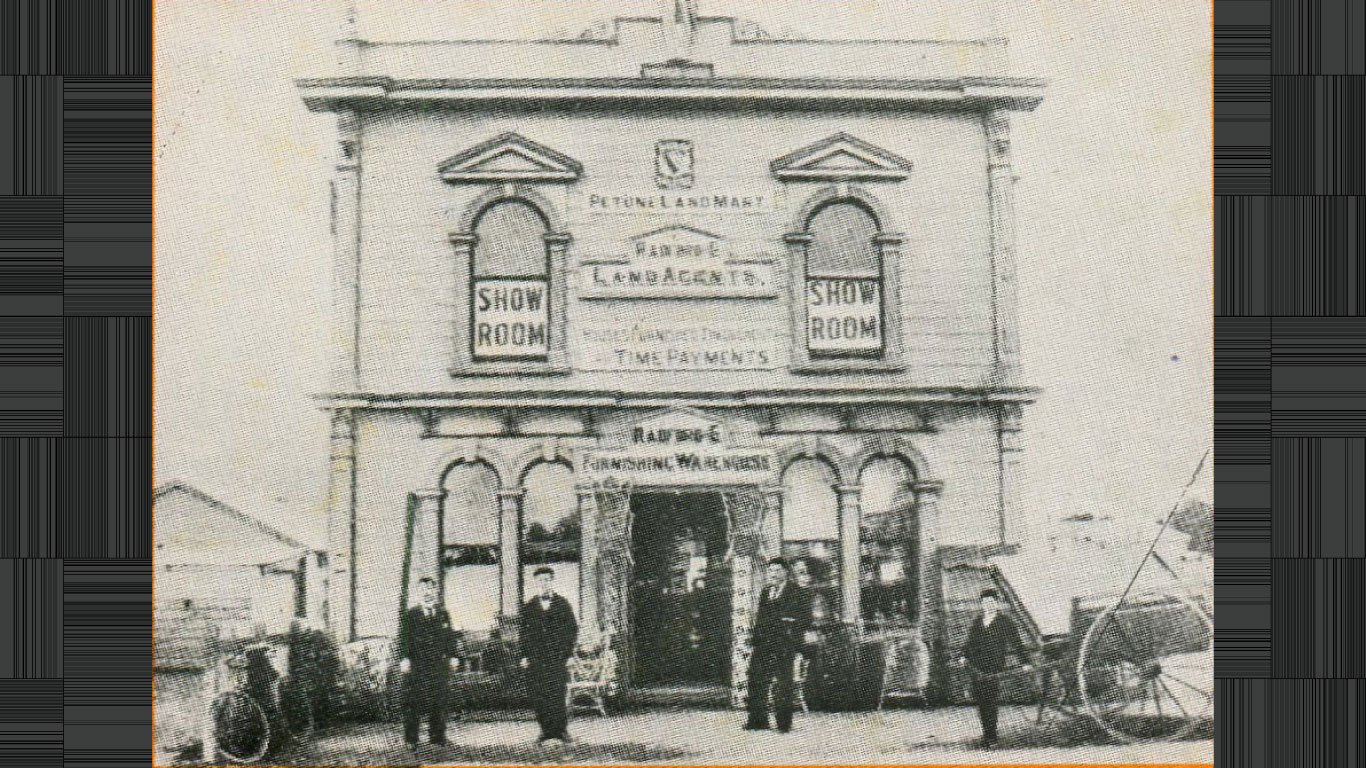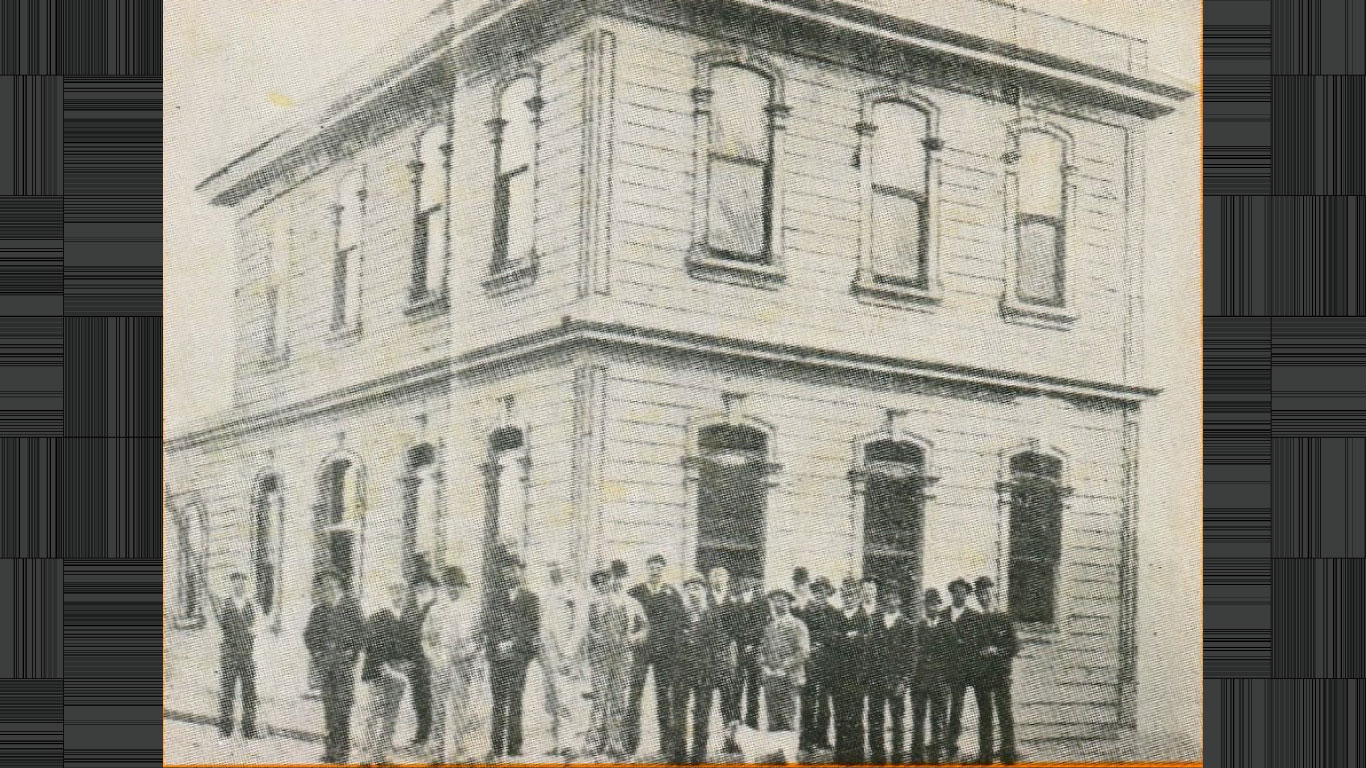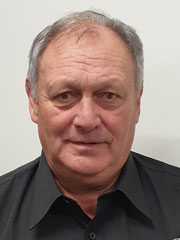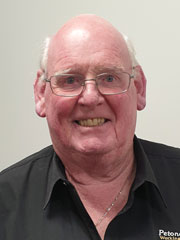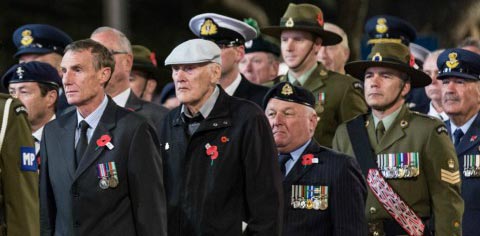Formed in 1887 and still going strong after all these years, the Petone Club is proud to be a place for all to come and enjoy themselves in a safe and family friendly environment. Whether it’s dining at our Bistro, partaking in a pint of beer or a glass of wine from the Bar, holding a function for 10 – 200 or participating in one of our many adjuncts, there’s sure to be something for everyone.
With a wide range of facilities and activities including live entertainment on Friday and Saturday, pool and snooker tables, dartboards, TAB facilities and 30 gaming machines as well as one of the largest private libraries in the country, we offer a lot of variety to our members, their guests and affiliated club members.
Our adjuncts cover some of the most popular activities in the club scene and often participate in events and tournaments around the country.
Some of the benefits to being a member include member draws and a special gift on your birthday, so if you’re interested in becoming a member then take a look at the Becoming a member section for more information or email Reception for more information.


